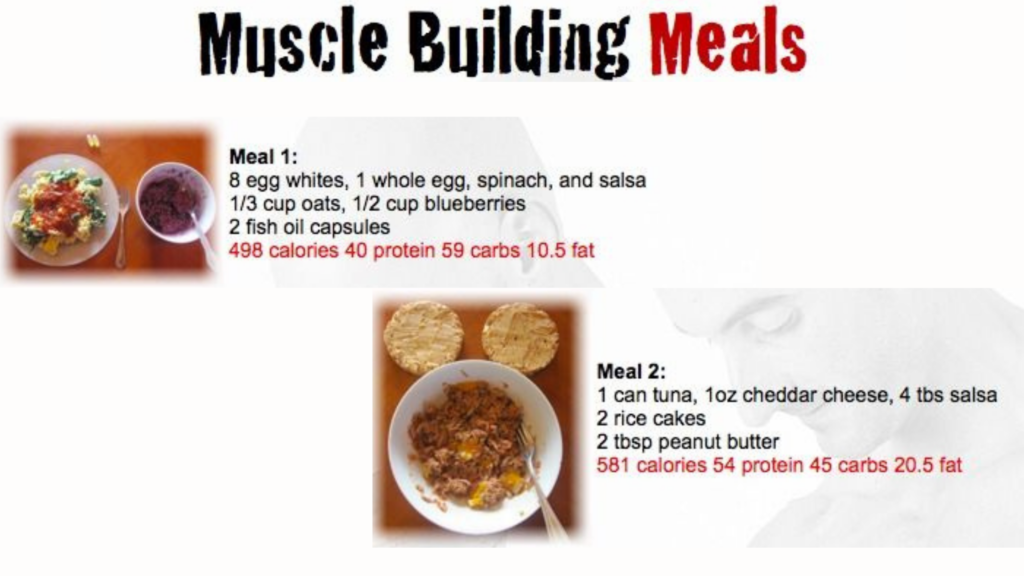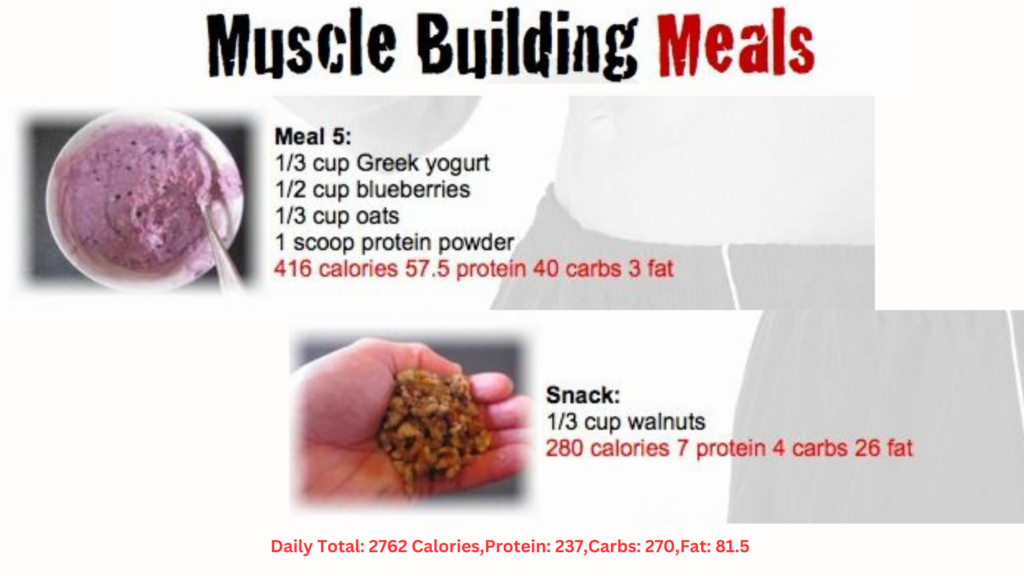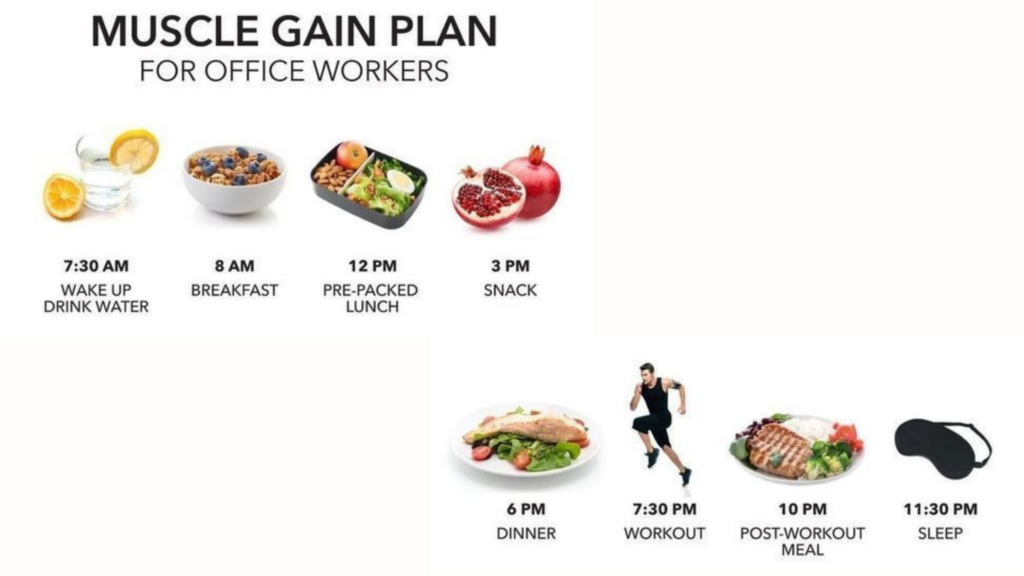Building muscle isn’t just about lifting heavy weights or spending hours in the gym—it’s also about what you eat. So. your diet plays a crucial role in muscle growth by providing the nutrients your body needs to repair and grow stronger after workouts. This guide will dive into every aspect of creating a muscle-building diet, including what to eat, when to eat, and how to optimize your plan for maximum gains.
Why Nutrition Diet Is the Foundation of Muscle Growth
Muscle growth, or hypertrophy, happens when your body is in an anabolic state. As a result, this ensures that your body has sufficient energy and nutrients to effectively repair and build muscle tissue. However, without the right diet, your progress will likely be slower and less noticeable. Therefore, understanding why nutrition matters is crucial for achieving your muscle-building goals.

Protein Diet: The Building Block of Muscle
Protein is absolutely essential for repairing and building muscle fibers after exercise. Specifically, it provides amino acids, which are the building blocks your body needs to create new muscle tissue. Therefore, you should aim to consume 1.6–2.2 grams of protein per kilogram of body weight daily to support optimal muscle growth.
Carbohydrates: Your Energy Source
Carbohydrates, therefore, play a crucial role in fueling your workouts by supplying glycogen, which your muscles depend on for energy. Consequently, without enough carbs, your performance in the gym will likely decline, and your recovery process will become slower and less efficient.

Fats Diet: Hormonal and Overall Health
Healthy fats are incredibly important for hormone production, including testosterone, which significantly contributes to muscle growth. Therefore, it’s essential to include sources such as omega-3 fatty acids, monounsaturated fats, and other healthy fats in your diet to support overall health and muscle-building goals. Healthy fats are crucial for hormone production, including testosterone, which plays a significant role in muscle growth. Include omega-3 fatty acids, monounsaturated fats, and other healthy fats in your diet.

Micronutrients: Recovery and Performance
Vitamins and minerals, like magnesium, zinc, and vitamin C, support recovery, reduce inflammation, and enhance overall performance. They may not directly build muscle, but they ensure your body operates optimally.
Core Principles of a Muscle-Building Diet
To achieve muscle growth, follow these foundational principles:
1. Eat in a Caloric Surplus
Consume more calories than your body burns daily. So, calculate your Total Daily Energy Expenditure (TDEE) and add 10–15% more calories to support muscle growth.
2. Focus on Macronutrient Balance
- Protein: 30–35% of daily calories.
- Carbohydrates: 40–50% of daily calories.
- Fats: 20–30% of daily calories.
3. Eat Frequent Meals
To maintain a steady supply of nutrients, it is important to distribute your meals evenly throughout the day. Ideally, aim for 4–6 meals daily, ensuring that each one contains a balanced mix of protein, carbohydrates, and healthy fats. This approach helps support consistent energy levels and muscle-building efforts.
4. Stay Hydrated
Muscle cells need water to function and grow. Drink at least 3 liters of water daily, or more if you sweat heavily during workouts.
5. Prioritize Post-Workout Nutrition
After a workout, your muscles are primed to absorb nutrients. Therefore, it’s important to consume a protein-rich meal along with fast-digesting carbs within 30–60 minutes of finishing your workout to maximize recovery and muscle growth.
Best Foods-Diet for Muscle Building
Here’s a detailed breakdown of the best food options for muscle growth:

High-Protein Foods
- Chicken Breast: A lean source of protein, ideal for building muscle without adding fat.
- Eggs: Contain complete protein with all nine essential amino acids.
- Fish (Salmon, Tuna): High in protein and omega-3 fatty acids, which reduce inflammation.
- Lean Beef: Provides protein, iron, and B vitamins.
- Plant-Based Options (Tofu, Tempeh, Lentils): Excellent for vegetarians and vegans.
Carbohydrate Sources
- Oats: A great source of complex carbs to fuel workouts.
- Quinoa: A complete protein and carb source.
- Sweet Potatoes: Rich in vitamins and slow-digesting carbs.
- **Rice (Brown






